Postpartum Mental Health Through a Naturopathic and Doula Lens
After the birth of my second child, I struggled with postpartum anxiety that led to feelings of rage and resentment towards my partner. My hormones were shifting drastically, it was the middle of the pandemic (so support was limited), and we were also amidst renovations and living in our basement. I knew, however, that what I was feeling was not normal and that our naturopathic tool belt had a lot to offer in this area.
I knew, however, that what I was feeling was not normal and that our naturopathic tool belt had a lot to offer in this area.
The birth of a child brings a cascade of emotions, from joy and wonder, to anxiety and melancholy. As a Naturopathic Doctor and Doula, I approach postpartum mental health with a holistic perspective, recognizing that the health of the mind is just as paramount (if not more) as the healing of the body after childbirth.
Understanding Postpartum Mental Health
Postpartum mental health issues can range from the more common and less severe 'baby blues' to the more intense and longer-lasting postpartum depression or, more rarely, postpartum psychosis. It's important to understand that these conditions are not 'one-size-fits-all,' and recognizing the diversity of symptoms is the first step in effective treatment.
The 'baby blues' typically occur within the first two to three days postpartum, and are triggered by the sudden drop in estrogen and progesterone. The ‘blues’ peak around the 5th day and usually resolve within 2 weeks postpartum. Symptoms can include mood swings, irritability, sadness, and crying episodes. On the other hand, postpartum depression (PPD) involves more severe and persistent symptoms such as deep sadness, severe mood swings, withdrawal from family and friends, and possible thoughts of harming oneself or the baby. Postpartum Anxiety (PPA) is excessive worrying after having your baby. These anxious feelings are often out of control and take over your thoughts. Regardless of the “label” you want to give to your current state, the emotions you are feeling are very REAL, and shouldn’t be ignored or brushed off. Having support and validation of your feelings is crucial to your healing.
Regardless of the “label” you want to give to your current state, the emotions you are feeling are very REAL, and shouldn’t be ignored or brushed off. Having support and validation of your feelings is crucial to your healing.
A Holistic Approach to Recovery
Nutritional Support: Nutrition plays a crucial role in mental health. A diet rich in omega-3 fatty acids, zinc, magnesium, and vitamins B and D can support brain health and modulate neurotransmitter function. Encouraging meals rich in whole foods, and possibly integrating supplements (after consulting with a healthcare provider), can be instrumental.
Herbal Remedies: Certain herbs are known for their mood-stabilizing properties. For instance, St. John's Wort is commonly used for mild to moderate depression. Other herbs like passionflower or lemon balm might help ease anxiety and promote sleep. It’s important to discuss these options with a naturopathic doctor, especially when considering breastfeeding, to ensure safety and efficacy.
Physical Activity: Light exercise, such as walking or postpartum yoga, can significantly boost mood through the release of endorphins. Exercise also serves as a moment of personal time, helping new mothers reconnect with their body.
Rest and Sleep: While challenging with a newborn, prioritizing the mother's sleep is essential. As a doula I help support by arranging for the mother to have several uninterrupted hours of sleep, which can sometimes involve setting up a schedule with other family members or using techniques to soothe the baby efficiently and having the baby’s needs met without waking them for too long (for example, keep lights dim, keep the baby close to you, and noises minimal).
Counselling and Support Groups: Sometimes, talking helps. Whether it's professional counselling, spiritual guidance, or joining a support group, sharing experiences can validate feelings and provide coping strategies. At Naturopathic Doula Group we often facilitate connections to local groups or online communities where mothers can share and support each other in a nurturing environment.
Mindfulness and Relaxation Techniques: Practices such as meditation, deep-breathing exercises, or guided imagery can help manage stress and improve emotional well-being. These techniques can be integrated into daily routines, even in short intervals, to help calm the mind and reduce anxiety.
The Role of a Doula in Postpartum Mental Health
At Naturopathic Doula Group we offer continuous support, including emotional, physical, and informational support, to mothers during the postpartum period. This can play a significant role in preventing and managing postpartum depression by ensuring the mother does not feel isolated and has access to information and resources tailored to her unique needs. The presence of a doula can also provide a sense of security, allowing the mother to express her feelings openly and seek help without judgment.
Embracing a holistic approach to postpartum mental health can significantly enhance the wellbeing of new mothers. By understanding the complexities of mental health conditions post-birth and employing a multifaceted and personalized strategy, we can support mothers in not only recovering but thriving during the challenging yet joyous postpartum period.
In closing, remember that seeking help is a sign of strength, not a weakness. If you or someone you know is struggling postpartum, it’s crucial to reach out to a healthcare provider who can guide you toward the right support and resources. Together, we can nurture the mind and body, promoting a healthy, joyful beginning for both mother and child.


